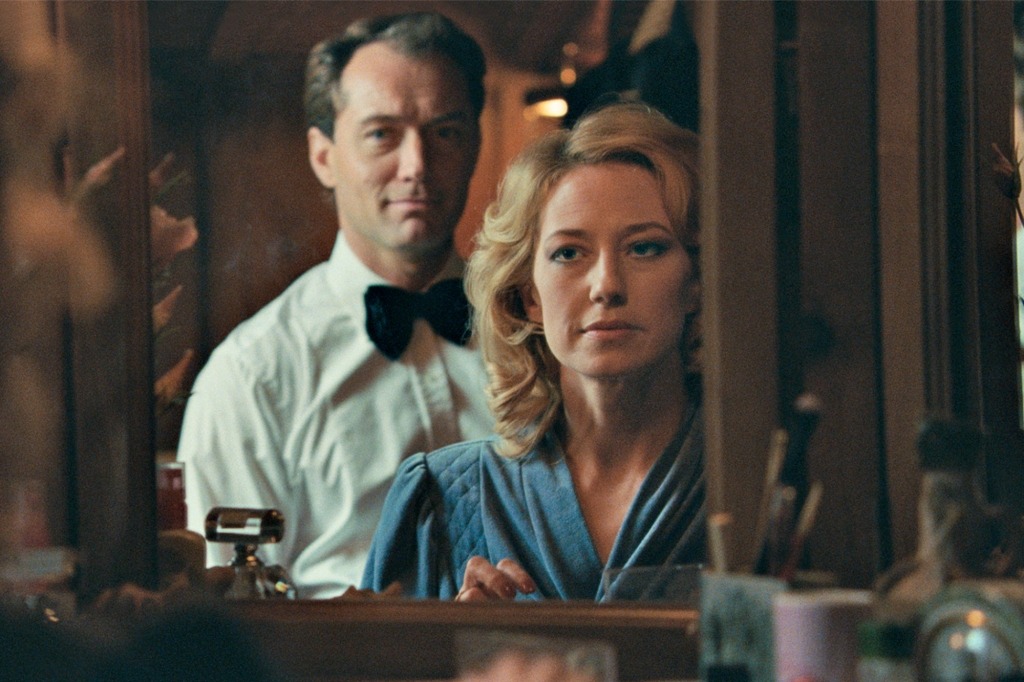The Nest: A Thematic Exploration
“The Nest,” directed and written by Sean Durkin, does not explicitly declare itself as a true story; rather, it weaves a narrative that feels deeply relatable and poignant.
The film revolves around Rory O’Hara, played by Jude Law, who relocates his family back to London during the late 1980s after experiencing success as an entrepreneur in the United States.
His wife, Allison, portrayed by Carrie Coon, along with their children, Samantha and Ben, step into a lavish countryside residence that underscores the film’s eerie atmosphere.
Character Dynamics and Themes
The movie delves into the complexities of family life against the backdrop of an unsettling environment. Rory’s struggles with materialism and the realization that wealth does not equate to happiness are central themes. Allison is depicted as clinging to her previous life and the love she has for her family, creating a poignant contrast to Rory’s evolving ambitions. This thematic exploration is significant in illustrating how changes in lifestyle and environment impact family dynamics.
The Haunting Nature of Change
At its core, “The Nest” addresses the haunting nature of change and how it influences relationships within the family unit. Each family member’s encounter with transformation is portrayed with psychological tension reminiscent of traditional thrillers, albeit without supernatural elements like ghosts or demons. This deliberate choice enables the film to resonate on a more personal level, engaging audiences through relatable real-life challenges rather than relying on fantastical suspense.
Psychological Tension
The film effectively creates a psychological atmosphere where the deterioration of Rory and Allison’s marriage serves as a critical source of tension. As the narrative unfolds, viewers are invited to experience the emotional turmoil from multiple perspectives, fostering a deeper empathetic engagement. The family’s struggles ultimately highlight universal concerns regarding change, stability, and the pursuit of happiness, positioning “The Nest” as a film that invites reflection rather than merely serving as entertainment.。

Leave a Reply